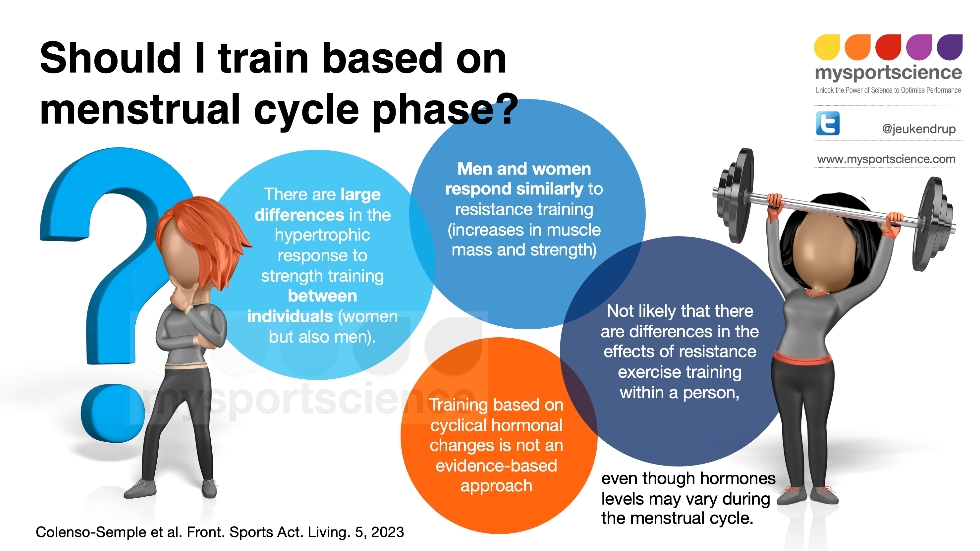
A Groundbreaking Review
A new review conducted by a multinational team of scientists is challenging the conventional wisdom surrounding women’s menstrual cycles, exercise, and nutrition. The team found little evidence to substantiate many commonly held beliefs, such as what to eat, how to train, or what supplements to take during menstruation. This lack of hard evidence points to a significant gap in scientific research on women and exercise, particularly concerning how menstrual periods affect sports performance, physiology, and overall fitness.
The Lack of Evidence
The review relied on various investigative methods, including a systematic review and meta-analysis, narrative interpretation, and a previous umbrella review. Despite this comprehensive approach, the team found sparse research on the impact of menstrual cycles on women’s exercise routines and performance. The few studies that do exist offer limited insights into the effects of menstruation on sports performance, physiology, and fitness.
Hormonal Variations and Individual Differences
One key finding of the review was the substantial hormonal variations between women during their menstrual periods and between cycles. This suggests that there is no ‘standard’ version of a menstrual cycle. Similarly, the review found few differences in exercise results across the cycle phases. These discoveries underline the need for a more individualized approach to training and nutrition during menstruation, as opposed to a ‘one size fits all’ strategy.
Challenging Long-Held Beliefs
This groundbreaking review challenges many long-standing beliefs and myths about menstruation and exercise. It calls into question common practices that many women follow, such as adjusting their diet, exercise routine, or supplement intake based on the phase of their menstrual cycle. Moreover, the review highlights the absence of scientific backing for phase-based exercise regimens and advocates for individualized training plans.
The Role of Other Stressors
As the next step, this work will focus on determining whether symptoms associated with menstruation are cycle-related or due to other stressors. This will provide further insights into women’s experiences during their menstrual cycles and help to inform more effective and individualized strategies for exercise and nutrition.
The Need for More Research
The authors of the review are calling for more high-quality, standardized research on women’s menstrual cycles and exercise. They hope that these future studies will provide the evidence needed to support more effective and individualized recommendations for women during their menstrual cycles. In the meantime, women should consult with health professionals and consider their unique experiences and needs when developing their exercise and nutrition strategies during menstruation.
